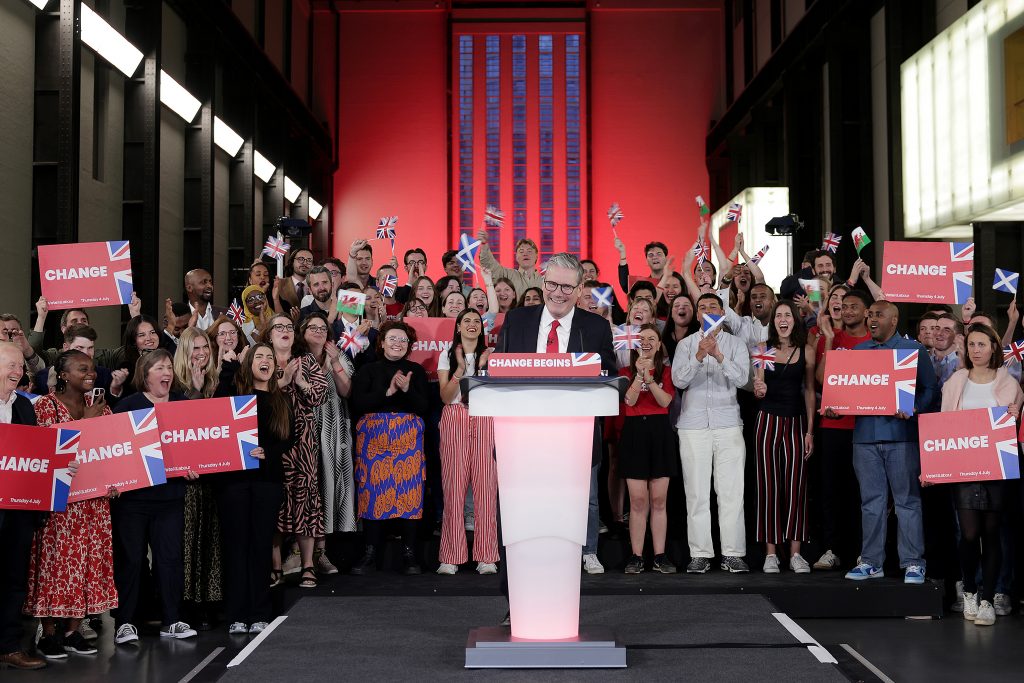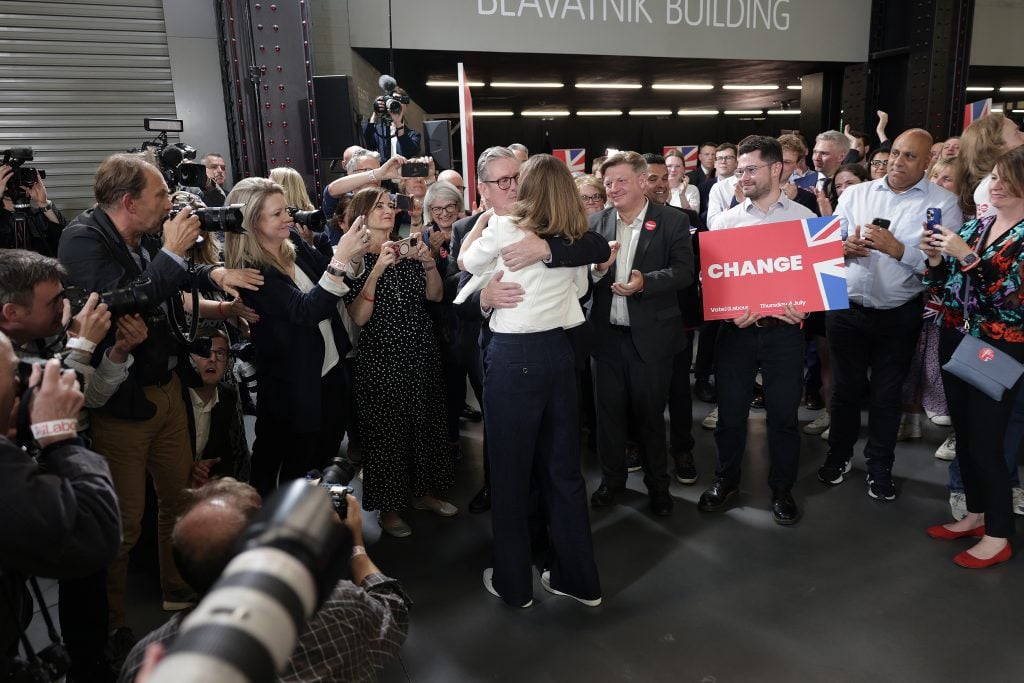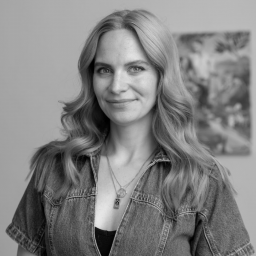Law & Politics
‘Change Begins Now’: New Prime Minister Keir Starmer Delivers U.K. Election Victory Speech at Tate Modern
Tory rule has hollowed out cultural funding, but there is no guarantee a Labour party leader will right the balance anytime soon.

Sir Keir Starmer spoke to a crowd in Tate Modern’s Turbine Hall on July 5 after leading the Labour party to a historic landslide victory in the U.K.’s general election.
“You campaigned for it. You fought for it. You voted for it. And now it has arrived,” the country’s new prime minister said shortly after outgoing prime minister Rishi Sunak publicly conceded defeat at 10 Downing Street. “Change begins now.”
The Labour party sailed past the 326-seat threshold for a parliamentary majority early on Friday, putting it on course for a landslide victory against the Conservative “Tory” party, which has held power for the past 14 years. Starmer, 61, becomes the first leader from the center-left party to win a U.K. national election since Tony Blair, who won three in a row starting in 1997. The result marks a remarkable reversal from the 2019 election when Labour, led by Jeremy Corbyn, suffered its worst electoral defeat in almost a century.
The snap election, called six weeks ago, came in the wake of mounting public anger at the stagnating U.K. economy after Brexit, failing public services—especially the National Health Service—and a rising cost of living, as well as a succession of political scandals among the Conservatives.
“I am sorry,” Sunak said in his resignation speech. “I have given this job my all, but you have sent a clear signal that the government of the United Kingdom must change.”
Tory rule had also hollowed out public culture funding and eroded stability within the sector. Since the Conservatives came to power in 2010, initially in coalition with the Liberal Democrats, there have been 13 secretaries of state for culture, media, and sport. Upon installment, the coalition government pushed for the privatization of cultural support and Arts Council England’s (ACE) funding was cut by 30 percent. Little changed throughout the Tories’ tenure. In November 2022, ACE was directed by the government to cut an additional £56 million to London’s arts funding over the next three years. Within the last year, several local councils, nearing bankruptcy, have had to slash arts funding, in some cases to zero.

Starmer and wife Victoria celebrate winning the 2024 General Election at Tate Modern on July 5 in London, England. Photo: Ricky Vigil/Getty Images.
The introduction of Brexit in 2016 has also posed challenges for the U.K. economy and has led many art galleries and auction houses to redouble investment in Europe, especially Paris, as well as in Asia. This spring, for instance, Christie’s, which is headquartered in London, scrapped its summer London sales in late June in order to focus on the launch of their Hong Kong outpost this fall, according to the auction house.
Whatever Starmer may be trying to imply with the choice of venue for his victory speech, a Labour win doesn’t mean that the U.K.’s arts and culture sector will necessarily find relief soon. In the lead-up to the election on July 4, few if any parties had a discernible vision for the arts. Labour’s plan for culture pledged to make the arts more accessible to young people from all backgrounds. “There is no building back without the arts,” Starmer said, although few details were given as to how this would be done.
“What we need now is policy into practice,” Caroline Norbury, chief executive of nonprofit organization Creative U.K. said in a statement to Arts Professional. Among her demands of the new government are: “The prioritization of a transformative curriculum which values creativity and develops our capability” and “bold approaches to funding and finance through patient capital, with the Treasury focused properly on growth.”
She added that “Investment in regions and communities, in order to really help creative organizations thrive” was needed, and “for our sector to top the list of public investment priorities, reflecting its size, contribution and potential.”
Several high-profile artists had made donations to the Labour party in advance of the election, including Antony Gormley, who donated £500,000, according to The Art Newspaper. A statement issued in May by the party said that artists “have pledged their support for the Labour party’s commitment to ensuring that the arts subjects form part of a reformed curriculum and that every child enjoys a high-quality arts education.”
Starmer is expected to announce his cabinet this weekend (July 6 and 7), according to the Institute for Government.
Concluding his speech at Tate this morning, Starmer said: “We said we would end the chaos and we will.”





